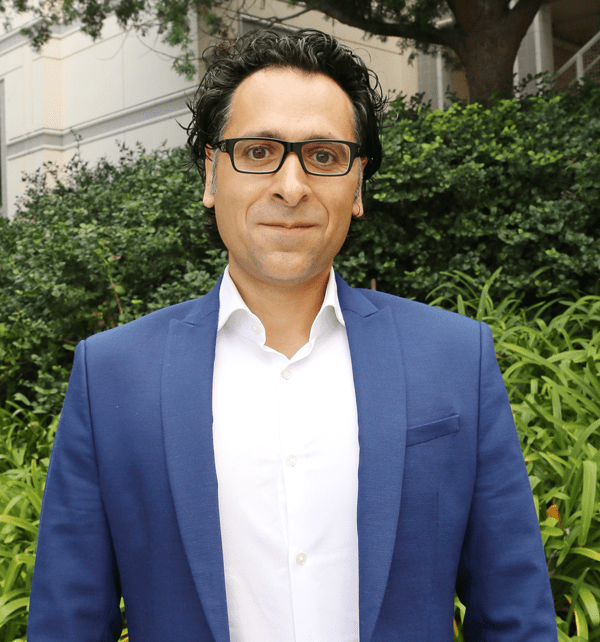UCI among 4 universities studying safety of autonomous vehicles in U.S.-funded center

UCI is part of a national research consortium that recently was awarded nearly $2 million by the U.S. Department of Transportation to establish a top-tier university transportation center. Led by The Ohio State University, the Center for Automated Vehicles Research with Multimodal Assured Navigation will investigate and develop solutions to autonomous vehicle safety and security challenges. Issues of focus by center researchers will include positioning, navigation and timing components associated with highly automated transportation systems. The researchers aim to develop technology to combat global positioning system vulnerabilities, such as attacks by hackers or unintentional signal interference, which can cause collisions and increase traffic congestion. Autonomous vehicles rely on a continuous flow of information and data from GPS and other sensors, and a precise and timely exchange of location data is essential for short-range driving control and long-range navigation and planning. “GPS is at the heart of virtually all vehicular navigation systems. Navigation system failure due to unintentional interference, intentional jamming or malicious spoofing could have dangerous consequences,” said Zak Kassas, UCI associate professor of mechanical & aerospace engineering as well as electrical engineering & computer science, who will serve as principal investigator and center director. “As vehicles approach full autonomy with less humans in the loop, the vehicle navigation system’s accuracy, reliability and trustworthiness become ever more critical. We have assembled a superlative team of navigation and transportation experts to study this problem and offer concrete solutions.” In addition to Ohio State and UCI, the consortium includes the University of Texas at Austin and the University of Cincinnati; research will occur at all four institutions.